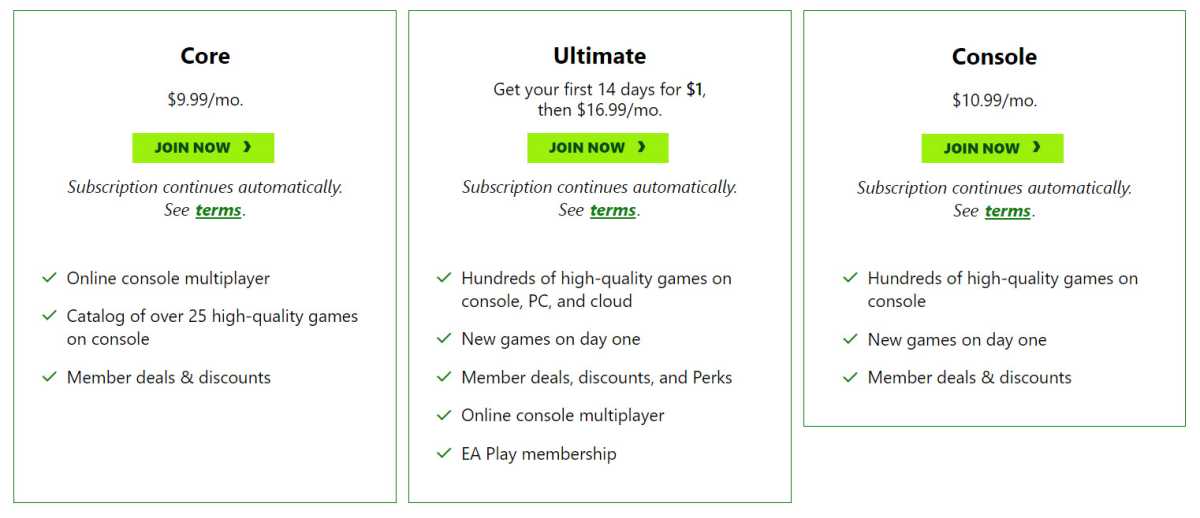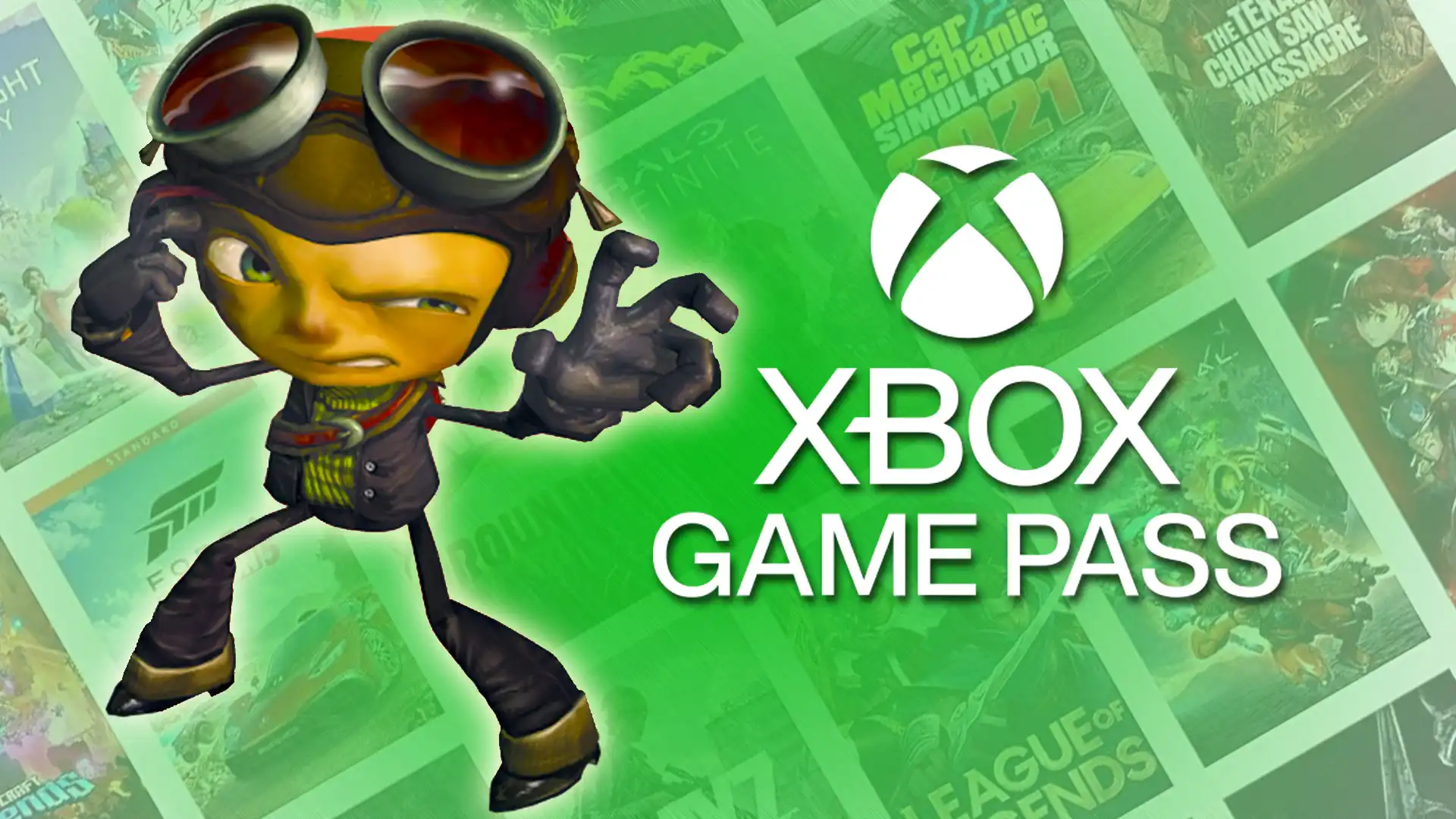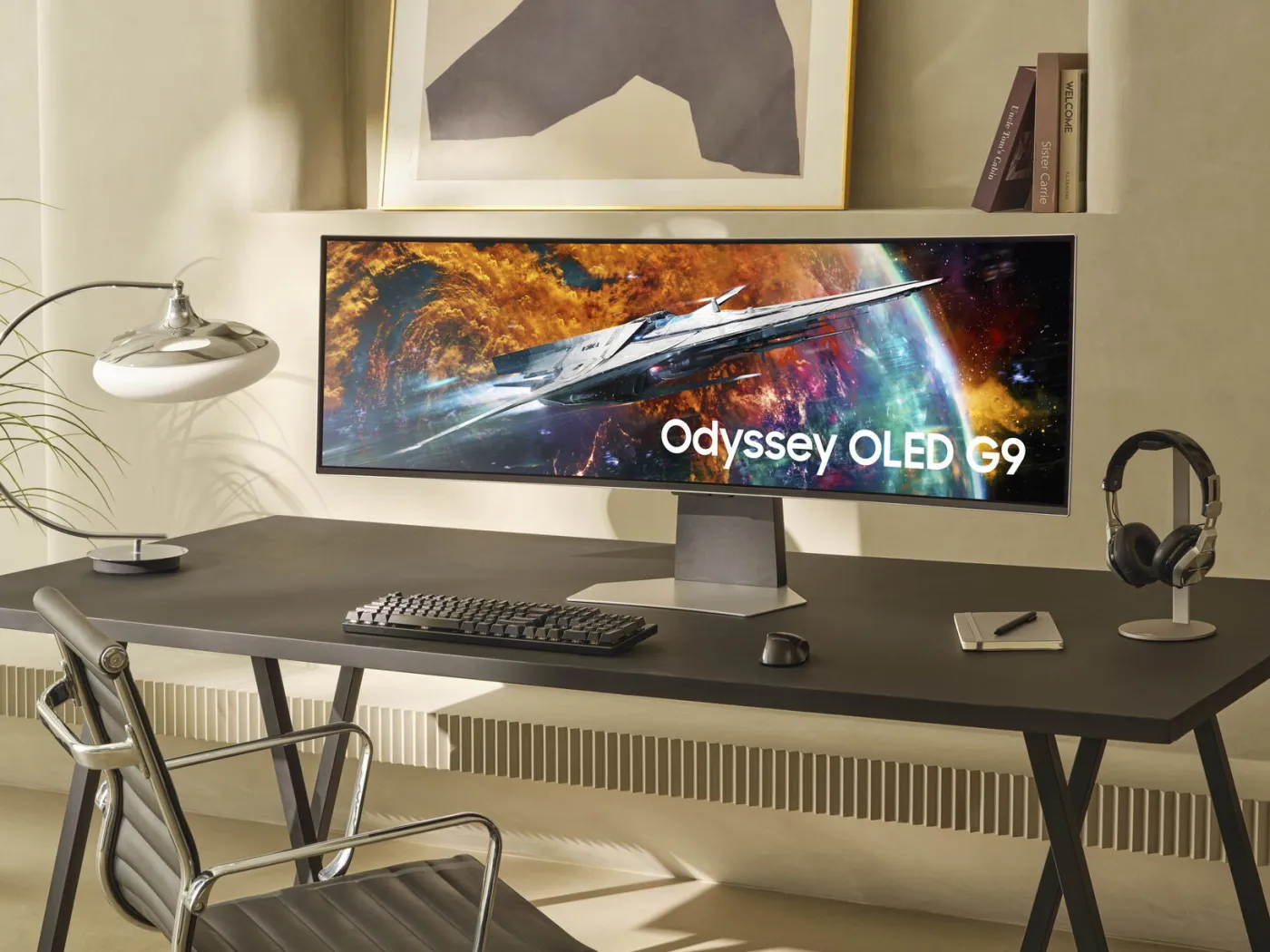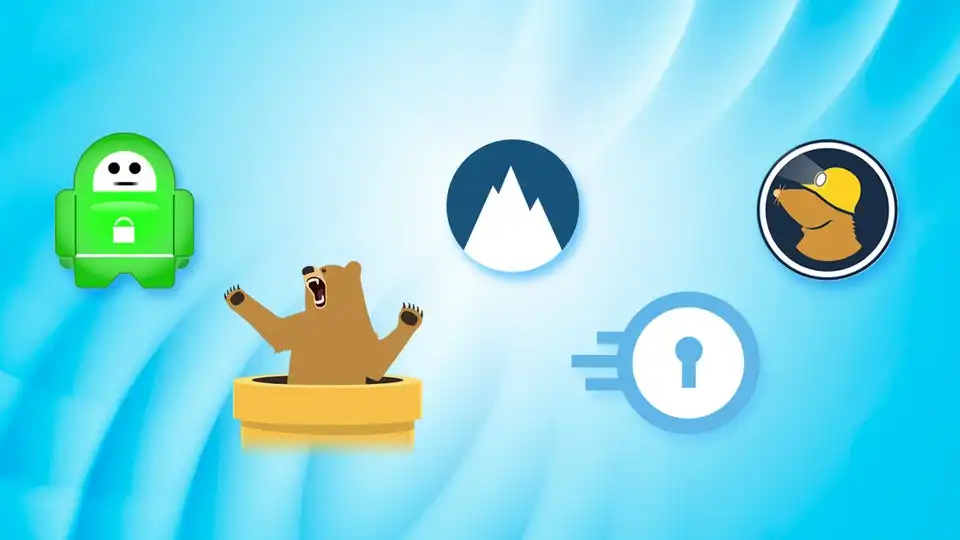The Xbox as a console might not be doing so hot lately, but Xbox Game Pass is still the best deal in gaming—if you know about it. If you don’t, that’s due to Microsoft’s increasingly bad branding.
After yet another round of price increases (which will sound familiar to anyone who’s been subscribed to TV streaming services as of late), Xbox Game Pass has gotten even more confusing.
PC Game Pass ($10 per month) includes a library of several hundred games from Microsoft and its partners (including most of the EA Play membership titles), with day-one access to basically all new Microsoft-published games coming out. These are games downloaded and installed locally on your system, so you’ll need a gaming desktop or laptop to take advantage of it to the fullest.
Game Pass Ultimate ($17 per month) includes the full PC Game Pass library mentioned above, plus the ability to stream many of those games from Microsoft’s cloud gaming centers. This library of streaming games isn’t the full catalog, but it does include some current and classic Xbox games (even those from the Xbox, Xbox 360, and Xbox One eras) that aren’t normally available to install on the PC.
What if you have an Xbox console instead of a gaming PC? Well, then you have a third choice: Game Pass Core ($10 per month), which is what they used to call Xbox Live. It’s mostly just a subscription that allows you to play Xbox multiplayer games over the internet. This one probably seems like a ripoff if you’re a long-time PC gamer, but it’s standard practice for consoles these days. (And Microsoft throws in a bone of “over 25” subscription games in a sample library.)
You can also get Game Pass Ultimate if you’re a console player, and the streaming setup allows you to play some PC games that aren’t available on the console. You can even stream games on a mobile device.

Microsoft
But wait, there’s actually another plan for console-only players, and this one is called Game Pass Console ($11 per month). It includes the library of downloadable Xbox games (minus the EA Play titles), but no streaming games from the cloud (so no access to PC-only games). And I don’t have an Xbox handy to test this, but according to the bullet points on the Xbox promotional site, Game Pass Console doesn’t include the Game Pass Core perks… which means you don’t get access to online multiplayer even though you’re paying $1 more per month.
So, maybe you’re thinking of subscribing to both Game Pass Core and Game Pass Console. That’d be $21 per month—and you’d be getting less content than the $17-per-month Game Pass Ultimate package, with no streaming console games, no streaming PC games, and no EA Play.
That’s potentially five different ways to make use of Game Pass, and it’s already convoluted enough that you could pay more but get less.
All of this is about to change with the price hikes coming in September. These price hikes not-so-coincidentally coincide with the launch of Call of Duty: Black Ops 6, a shiny new toy from Microsoft’s acquisition of Activision Blizzard. (You’d think Microsoft would take this opportunity to slim things down and simplify this mess. You’d be wrong.)

The centerpiece Game Pass Ultimate package is increasing from $17 per month to $20 per month. For PC-only gamers with their own gaming PC hardware, the library of downloadable PC games is going up from $10 per month to $12 per month. Galling, but still pretty good considering the all-you-can-eat setup and the inclusion of lots of day-one releases from Microsoft and its partners.
On top of that, console players get yet another Game Pass tier option called… Game Pass Standard. This includes that library of downloadable console games, but doesn’t include streaming, and crucially omits those day-one releases. It’ll be $15 per month. At least this package also includes access to online multiplayer, making it a far better deal than the Game Pass Console tier.
Okay, that means we now have PC Game Pass, Game Pass Core, Game Pass Console (which may or may not continue after the price hikes), Game Pass Standard, and Game Pass Ultimate (the only one that serves gamers who play on both PC and Xbox).
Here I’ll point out that PC Game Pass ($12/month) is cheaper than Game Pass Standard ($15/month), even though the former includes day-one releases. Hooray for competition.
This is a muddled mess of options for gamers, even ignoring that “Standard” and “Core” could mean the same thing to a lot of people. But I’d expect nothing less from the company that went from the Xbox One X and Xbox One S to the Xbox Series X and Xbox Series S.
It’s all pretty reminiscent of the various confusing options that exist for Microsoft Office across standalone installation versions and the cloud-enabled Office 365, now clouded even further by the addition of a premium tier for Copilot AI features. I’m sure the people determining these tiers earn (or at least make) a whole lot more money than I do. But if I was in their place, I’d slim it down to three plans:
- Game Pass for PC. Downloadable PC games from the library, for players with a gaming PC but no console.
- Game Pass Basic for Xbox. This includes access to online multiplayer and a small selection of playable games, for players who can’t afford the whole kit and kaboodle.
- Game Pass Ultimate. All the games, all the streaming, on both PC and console, plus cloud streaming access on all devices everywhere. One plan, one price.
If you skimmed down here, let me be clear: the above plans are my suggestion, not the actual plans as they are. Also, stop skimming and read the article, dammit.
There, that’s all you need, Microsoft! Set the prices to whatever your accountants think you can justify and whatever your executives think you can get away with. If you want to thank me, you can finally get someone to make a new Crimson Skies game. Or just stop closing studios and laying off developers seemingly at random. Whichever is easier.





